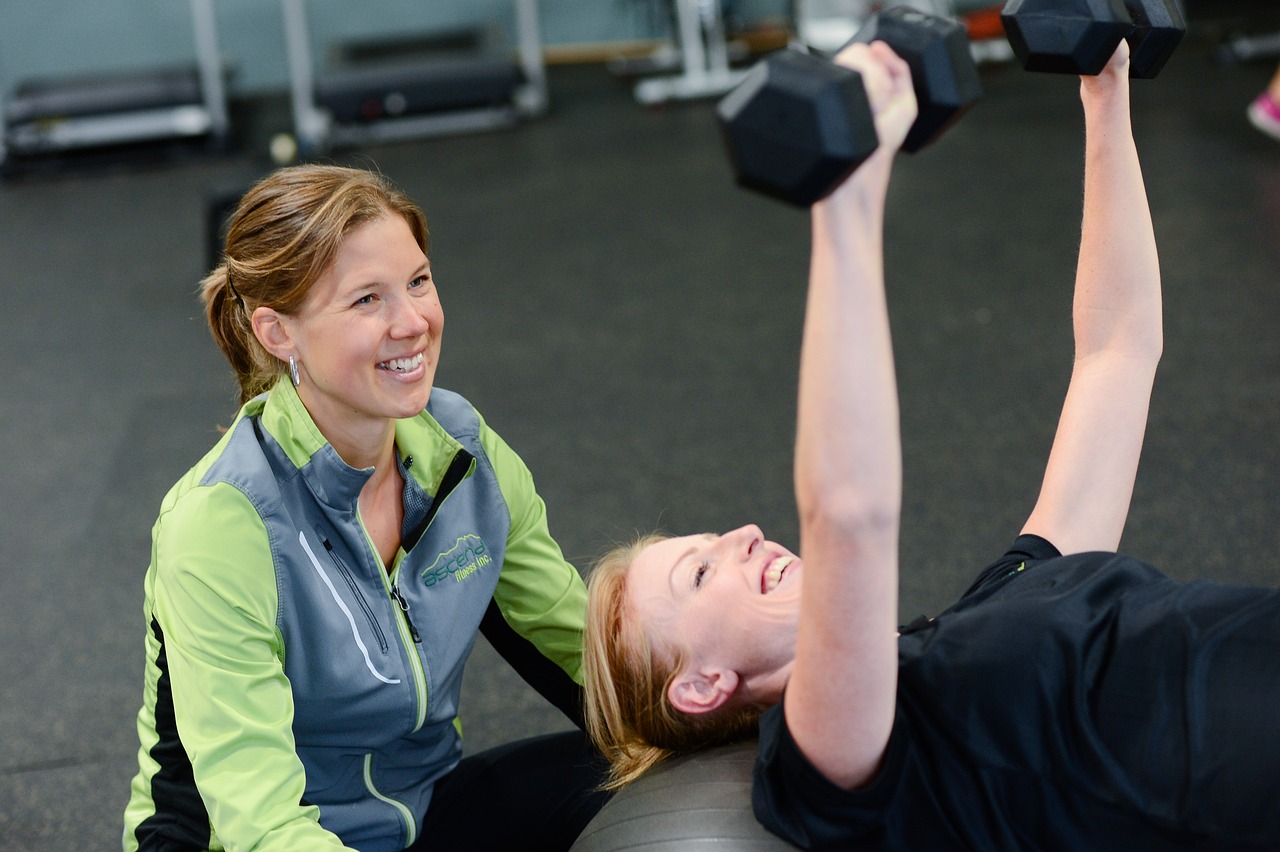Embarking on a fitness journey requires patience, as real progress is measured in months and years rather than days or weeks. A sedentary lifestyle cannot be undone overnight, and expecting rapid results only leads to frustration. Recent studies confirm that consistent exercise over time significantly improves cardiovascular health, reduces stress, and strengthens immunity. For instance, research from the American Heart Association highlights that individuals who maintain a physically active lifestyle for over six months see measurable reductions in hypertension, cholesterol, and even cognitive decline. The key is to focus on sustainable habits rather than quick fixes. The modern fitness industry often promotes extreme transformations, but science tells us that gradual changes yield more enduring benefits. So, before diving into an intense regimen expecting miracles, remember: the most effective fitness plans prioritize longevity over instant gratification.
Effort Dictates Results: The Law of Fitness
There is no shortcut to fitness, and no amount of wishful thinking can replace actual effort. Countless studies underline that the more effort you invest in training, the better your outcomes. A report by the Centers for Disease Control and Prevention found that individuals engaging in at least 150 minutes of moderate-intensity aerobic activity per week have a 33% lower risk of premature death compared to inactive individuals. Strength training twice a week further decreases the likelihood of osteoporosis, improves metabolic efficiency, and enhances mental health. But merely showing up at the gym isn’t enough; effort must be intentional. The quality of movement, consistency, and progression play pivotal roles in achieving results. While fitness influencers may promote specific workouts promising immediate gains, the truth remains unchanged: effort and persistence determine success. Whether it’s lifting heavier, running longer, or simply staying active daily, fitness is an ongoing commitment, not a one-time achievement.
One Size Does Not Fit All: Crafting a Sustainable Routine
Fitness is not a universal formula, and what works for one person may not work for another. Genetics, lifestyle, personal interests, and existing health conditions all shape an individual's ideal workout routine. Research from the National Institutes of Health suggests that personalized fitness plans, tailored to an individual's physiological and psychological needs, yield significantly better long-term adherence rates than generic programs. This is why some people thrive in group classes while others prefer solitary runs; some enjoy high-intensity interval training, while others benefit from steady-state cardio. The key is to find an approach that is enjoyable and sustainable. The best fitness plan is not necessarily the most intense but the one that seamlessly integrates into daily life. Exercise should feel rewarding, not like a chore, and when done correctly, it becomes as natural as brushing your teeth.
Discipline Over Motivation: The Real Driver of Progress
Motivation is fleeting, but discipline ensures progress. The biggest barrier to fitness is not a lack of ability but a lack of consistency. Studies from behavioral psychology indicate that relying on motivation alone leads to inconsistent performance, whereas structured discipline fosters long-term adherence. Building habits, setting routines, and creating an environment that supports exercise increase the likelihood of sustained success. For example, laying out workout clothes the night before or scheduling workouts as immovable appointments strengthens commitment. Additionally, fitness should be seen as non-negotiable, just like eating or better sleep. People who maintain regular exercise routines despite life’s distractions exhibit stronger mental resilience and lower rates of depression and anxiety, as confirmed by studies published in the *British Journal of Sports Medicine*. The bottom line: success in fitness, like in any other endeavor, is built on the foundation of discipline, not momentary bursts of motivation.
Fitness is Not a Competition: Focus on Your Own Journey
One of the biggest mistakes people make in their fitness journeys is comparing themselves to others. The modern fitness culture, often fueled by social media, promotes unrealistic standards that lead to discouragement rather than inspiration. A comprehensive review in the *Journal of Exercise Psychology* found that individuals who focus on personal progress rather than comparison have higher rates of long-term fitness success. This is because fitness is deeply individual, influenced by genetics, experience, and lifestyle factors. Instead of fixating on another person’s achievements, measuring progress against one’s own past performance fosters a healthier mindset. Whether it’s improving endurance, increasing strength, or simply feeling better, the only meaningful competition is against yourself. Celebrating small victories and focusing on consistency will always outweigh superficial comparisons.
The Myth of "No Pain, No Gain": Listen to Your Body
The belief that pain is necessary for progress is outdated and dangerous. While discomfort is a natural part of challenging the body, actual pain signals a problem. The American College of Sports Medicine stresses that exercise should be progressive but not punishing. Overtraining leads to chronic injuries, burnout, and setbacks that ultimately hinder long-term progress. A balanced fitness approach includes both pushing limits and prioritizing recovery. Soreness is normal, but persistent pain, sharp discomfort, or joint strain are warning signs. Listening to these signals and adjusting training accordingly is critical for longevity in fitness. Recovery techniques such as proper sleep, nutrition, and mobility exercises play as much of a role in progress as the workouts themselves. Fitness should enhance life, not detract from it, and understanding this distinction prevents unnecessary injuries and setbacks.
Genetics Set the Framework, but Consistency Shapes the Outcome
While genetics influence body shape, athletic ability, and even muscle fiber composition, they do not dictate fitness potential. Scientific reviews confirm that regular exercise and lifestyle choices have a greater impact on overall health than genetic predisposition alone. Even those without an athletic background can improve strength, endurance, and body composition through consistent training. While some may build muscle faster or run farther due to inherited traits, effort ultimately levels the playing field. This perspective is crucial in maintaining motivation—rather than focusing on genetic limitations, prioritizing controllable factors like training consistency, sleep, and diet ensures continuous improvement. No one is born with perfect fitness; it is developed through consistent effort.
Sticking With It: Overcoming the Challenges of Consistency
The hardest part of fitness isn’t starting—it’s staying consistent. Life will always present obstacles, whether through busy schedules, fatigue, or fluctuating motivation. A study from the *International Journal of Behavioral Nutrition and Physical Activity* found that individuals who integrate fitness into their daily routines—such as walking during phone calls or doing short home workouts—are more likely to sustain long-term habits. The key to consistency is flexibility. Rather than being rigid about workout schedules, adapting to life’s unpredictabilities while still prioritizing movement ensures lasting commitment. Exercise should be treated as a lifelong investment, not a temporary fix. Those who maintain a long-term perspective, viewing fitness as a journey rather than a destination, reap the most benefits. Commitment to movement, even in small forms, accumulates over time, leading to profound health improvements.













